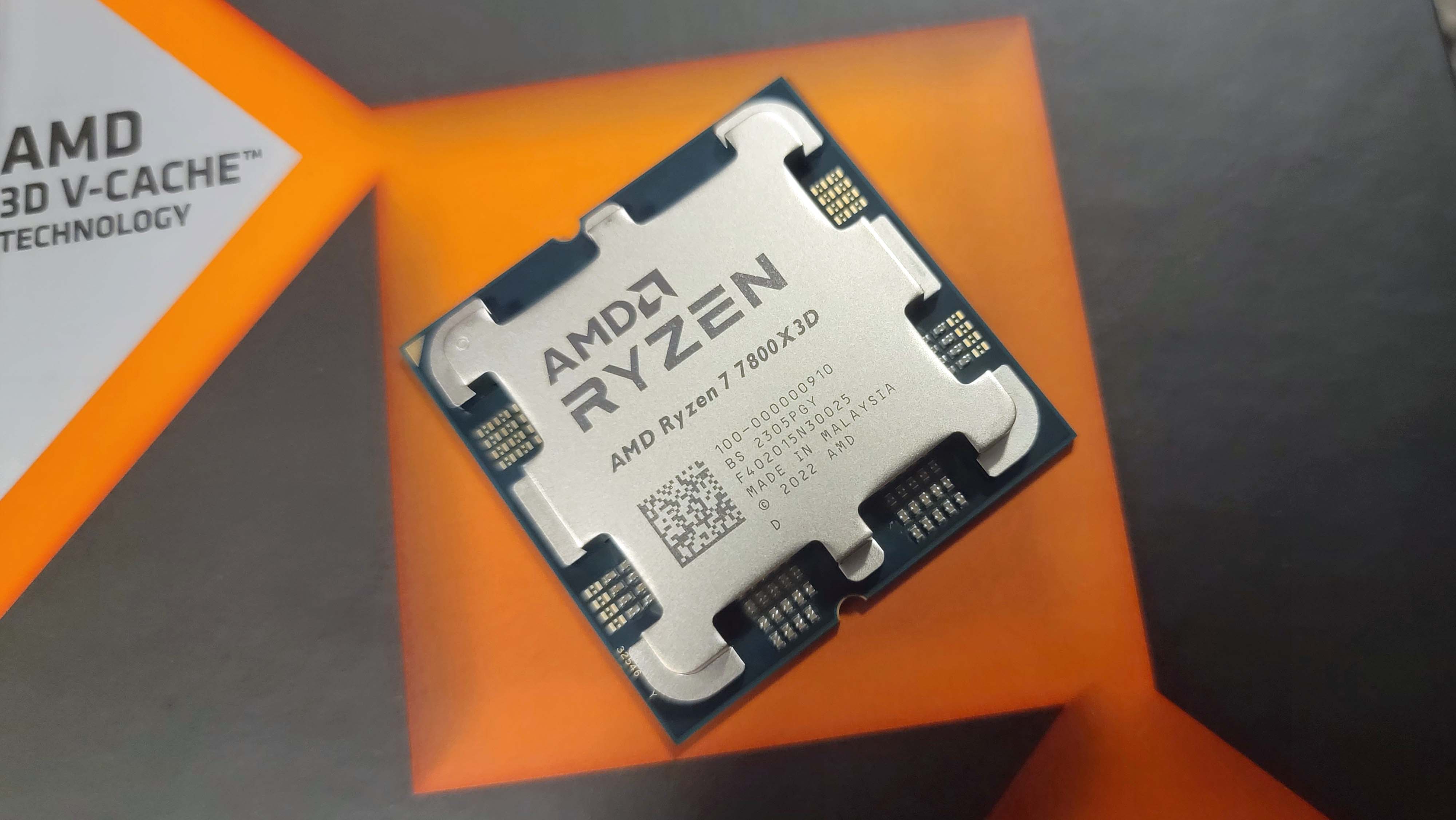I agree.
But the reviewers tend to hype things up way too much, given that most of the people rushing out to buy a new CPU won't be playing at 1080P and 12000FPS. They sell it as THE ONLY ONE FOR YOU....when in fact that's maybe not true. In the small print they mention something about bottlenecks. I mean the excitement on the internet over the 9800X3D is insane. But for what? For a CPU that you can't actually use until you buy a 6090? Stop to think of that. How utterly useless is that information?
I think they could do a better job, and I really think they need to stop being so dramatic and hyping things up so much. In many cases the 9800X3D may be a total waste of money for people, yet that fact has hardly been mentioned by the media at all, and if it is mentioned, only because a few people have made a noise about it.
I didn't really see that much hype from reviewers, they were simply reporting that the performance uplift in games from previous gen (7800X3D) and current-gen Intel was impressive. Which it is.
On the "CPU you can't actually use" comment (which is a total fallacy), I can give you my own personal experience as to why you'd buy a 9800X3D today.
Last summer I was looking to upgrade my aging 8700k. I was looking at CPUs and the consensus was that the 7800X3D was king. But for me, the price to upgrade to AM5, DDR5 memory and £200+ motherboards was too much to bear. Looking around, the AM4 options were cheap, offered a big uplift from 8th gen Intel and apparently would offer as much benefit in 1440p as the 7800X3D. I decided to go for the 5700x as, again, it was cheaper than the 5800X3D and was nearly as good.
18 months down the line, I'm CPU bottlenecked and looking to upgrade again. Normally I upgrade every 5ish years. The point is, I wish I'd bought the best CPU I could, rather than just go for the best price/performance now. If I'd looked at the 1080p benchmarks when buying the 5700x, I could've deduced the longevity of it against the X3D chips.
Like people have been saying all along, if you already have a top CPU from the last gen or so, you don't need to upgrade or watch CPU reviews. But buying a 9800X3D and keeping it for 5 years, rather than buying a £200 CPU every year is absolutely not a waste of money. The fact some people need Youtubers to tell them this is worrying.
We want the 4k benchmarks so we know if the limit is at the CPU or GPU for game X with GPU X. How would you know the CPU or the GPU is too slow without the 4k benchmarks? That's why we need the 1080p and 4k benchmark in the same review for new CPU's and new GPU's.
Its also not correct that no CPU will give more frames because your GPU is to slow. Its far more complicated then that in many games. I have had plenty of games that have been GPU limited but still gained an average FPS increase from a new CPU.
But I play at 3440x1440. So then I start screaming about the lack of benchmarks for that. Then you need to add regular 1440p. You see where this leads? The point is, the 1080p benchmarks tell you everything. If a CPU A is better than CPU B at 1080p, then it will be better to a lesser degree at higher resolutions, oftentimes equal at 4k.
You know if your GPU/CPU is too slow by looking at utlisation during your game of choice. If it never goes below 95%, you're GPU limited. If it frequently drops below that, you're CPU limited. If you;re CPU-limited, buy the best CPU you can afford or whichever one you feel comfortable buying, at which point you can use 1080p benchmarks to deduce if CPU A is better than CPU B.
The people quibbling over the last of benchmarks at higher resolutions are often those who don't need to upgrade. If it's not clear whether you'll gain an extra 3fps at 4k, then you don't need to upgrade, so why look at CPU reviews? People with 13/14900ks and/or 7800X3Ds, gaming at 4k - what are you realistically expecting to gain from a new CPU?



